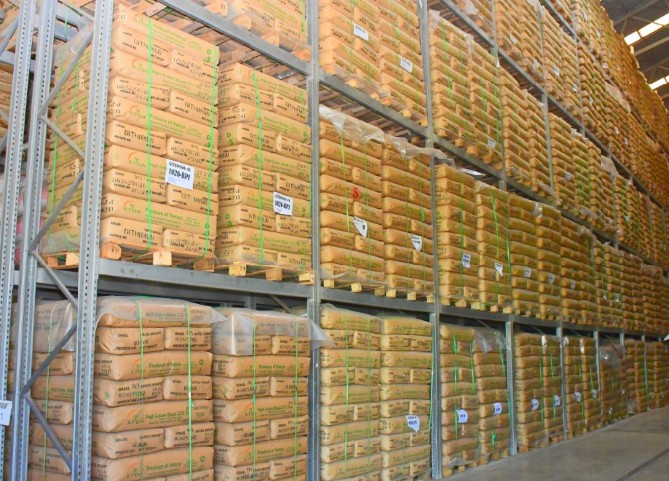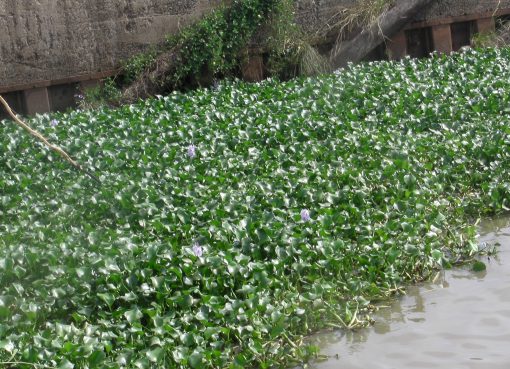Stakeholders in the tea sector are appealing to the government to engage with the government of Sudan to allow buyers a window of at least one month to clear the teas that have already been dispatched for Sudan and to mitigate losses to smallholder farmers.
On March 11, 2025, Sudan’s Ministry of Trade and Supply indefinitely suspended the importation of products from Kenya in all ports of entry to the war-torn country.
East Africa Tea Trade Association (EATTA) Managing Director George Omuga says that some teas are on the high seas destined for Sudan, adding that there were huge stocks bought for the Sudan market in warehouses that could not be shipped.
“We have buyers who have running contracts and have teas lying at Port Sudan. Several containers of tea already dispatched destined for Sudan are in the high seas, and huge stocks bought for the Sudan market are still in warehouses in Mombasa,” stated Omuga during a meeting with tea stakeholders at EATTA offices in Mombasa.
He added that some of the teas have been packaged and branded for the Sudanese market.
The ban is expected to have negative economic impacts on the tea trade in the country, as more than 80 per cent of tea from the region is exported through the Port of Mombasa.
“This will result in unfathomable losses incurred by buyers and will trickle down to producers and farmers,” he said.
“Kenyan tea exporters for the Sudan market will have severe cash flow challenges, and the tea already bought and shipped to Sudan will not be paid for by the Sudanese buyers because these teas will not be cleared at the Port of Sudan,” he said.
Sudan, the EATTA Omuga noted, purchases specific grades of tea that cannot be diverted to other markets.
He further disclosed that more than 2007 containers of tea are lying at the Port of Mombasa, destined for the Sudan market.
“This will create a significant negative impact in terms of the auction tea prices and the auction tea purchases. Kenya Tea Producers will lose the Sudan market, which is among the top five destinations for Kenya teas. This will compound the already existing market glut at the Mombasa auction.”
By Sadik Hassan





